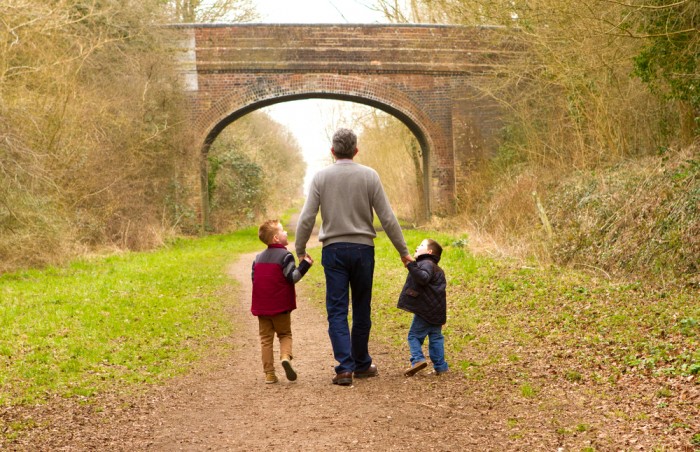
Childhood traumatic stress occurs when a child is either exposed to or experiences a traumatic event and can’t cope. The stress interferes with daily life and makes it difficult for the child to interact with others and function, according to the National Child Traumatic Stress Network (NCTSN). Unfortunately, although many children experience trauma, they often do not receive the help they need.
An estimated 25 to 43 percent of youth are exposed to traumatic events and 39 to 85 percent are estimated to have witnessed trauma—66 percent of which were victimized, according to a study done by the American Psychological Association (APA). In addition, if a child is involved in a traumatic circumstance in which they cannot defend themselves or another, for example a family fight, they may feel guilty and responsible for the negative outcome, according to the NCTSN.
Image Shutterstock
Types of childhood traumatic stress can vary in circumstance and intensity, depending on the context and the child.
Some examples of childhood traumatic stress could include:
- School shootings
- Family fights/divorce
- Gang-related violence
- Terrorist attacks
- Serious accidents
- Loss of a loved one
- Sexual or physical abuse
Signs and symptoms of traumatic stress:
- Loss of sleep
- Inability to eat
- Poor concentration
- Poor grades/academic performance
- Anger
- Withdrawal
- Extreme distress
- Intrusive thoughts
Traumatic stress can have long-term effects on a child if their stress is not sufficiently recognized or treated at a young age. There are ways to treat traumatic stress, including counselling, cognitive behavioural therapy and targeted therapy (depending on the trauma). According to the AAP study, children and teens will have different reactions to trauma based on age, environment, brain development, ethnicity and cultural factors, previous trauma exposure, and pre-existing family problems.
If you believe your child has experienced a traumatic event, encourage them to discuss it with you or someone they trust. Because of the sensitive nature of trauma, it will be a difficult conversation for them to have. It is advisable to contact a counsellor for additional assistance and guidance.
Featured image smikeymikey1/Shutterstock



